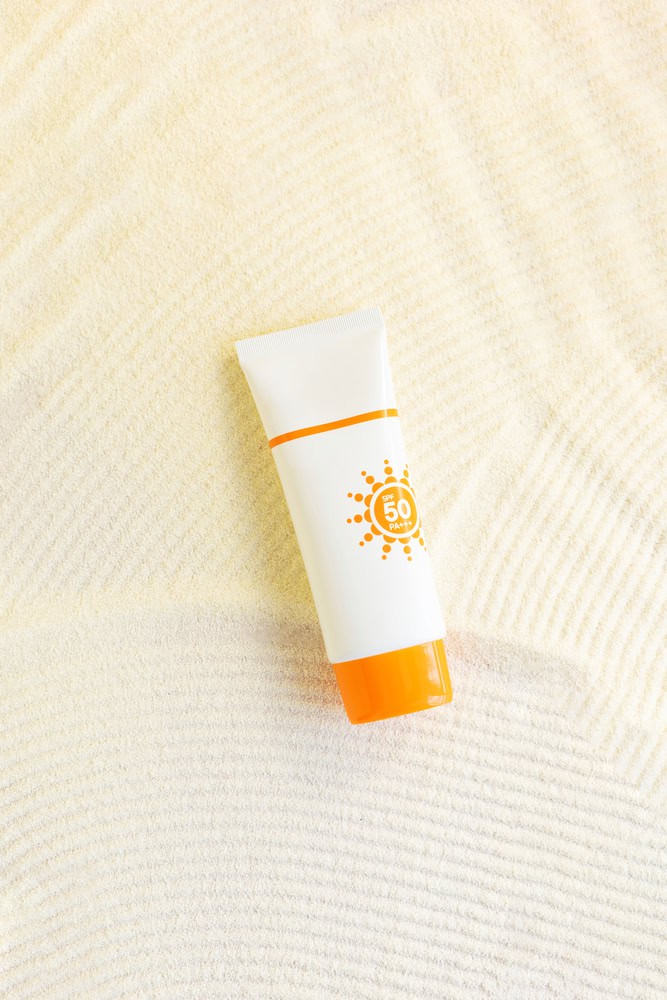Preventive Care
Prevention is the best way to limit your skin cancer risk.

Sunscreen, Always
Should you wear sunscreen on sunny or cloudy days?
You should wear it every day, no matter the number of clouds, and here’s why. Sun damage to the skin is caused by ultraviolet radiation from the sun. It penetrates through clouds, haze and even tinted windows. It is present in the summer and the winter.
That’s why it’s important that you and your kids practice sun-protective measures routinely. The most important defense against sun damage is PREVENTION.
Be Sun Smart
Tips for reducing sun damage include:
- Avoid being outdoors between 10 a.m and 4 p.m.
- Stay in the shade
- Wear clothing that covers your arms, legs and head
- Use a broad-spectrum sunscreen
- Avoid indoor tanning


Does SPF Matter?
Yes! You’ve probably been to the drugstore and been overwhelmed by the various brands, types and sun protective factor (SPF) rating of sunscreens. Which one should you pick?
Recently there has been more discussion surrounding SPF, particularly from people who think it doesn’t matter which SPF you select.
At True Dermatology, we believe SPF matters. In fact, Dr. Patel suggests using the highest SPF sunscreen, and here’s why:
Sun Protective Factor is an index that’s directly related to how much ultraviolet radiation passes through the sunscreen. Ultraviolet radiation is responsible for skin cancer and sun damage. To determine the SPF on the label, the FDA requires 2 grams of sunscreen per cm2. That means to achieve that SPF on your skin, you virtually have to use an entire tube of sunscreen!
The average person uses about a quarter of the recommended amount. Studies show that the amount of sunscreen applied exponentially affects the actual protection you get.
What does this mean? If you use an SPF 30 and apply 25% of the recommended amount, you are getting an SPF of 5. If you use an SPF of 70, then you would probably get an SPF of 25. That’s a significant difference!
So the next time you face a spectrum of SPFs, go with the higher one and enjoy being outside and safe in the sun. And remember, be sure to reapply every hour.